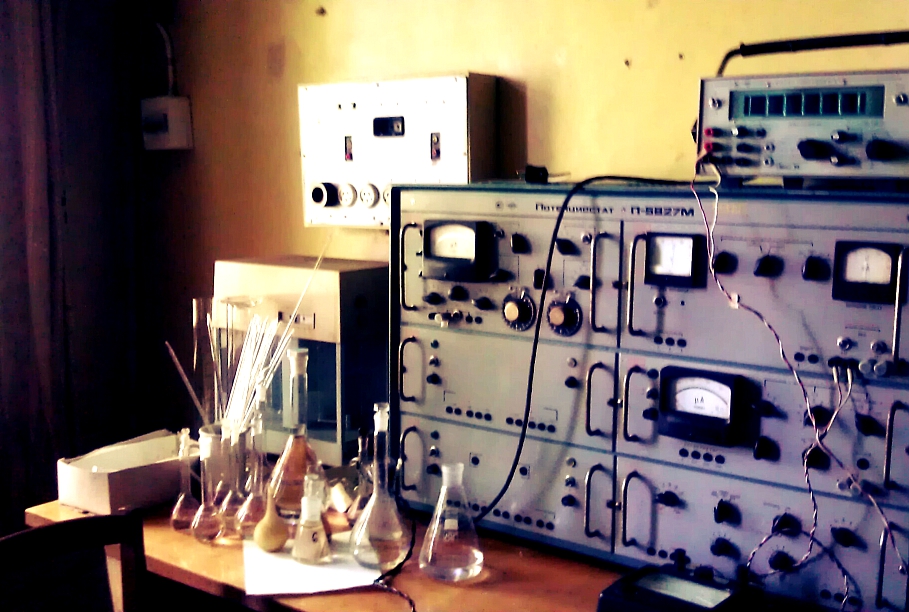The physical sciences are prioritized heavily in the state budget, but they aren't as popular among the students. Around 80% of the students of the social sciences are paying their tuition fees in the largely state-sponsored education system and will face fierce competition in the job market once they graduate.
"We are witnessing a huge surplus in the social sciences and humanities by 2020," said Janis Salmins, Deputy director of the Ministry of Economy's structural politics branch.
A report, due to be published later this month by the Ministry of Economy, stated that within the next five years about 20,000 students studying social sciences and the humanities will be out of a job - or at least one in their field of study.
Some fields are already experiencing vast surpluses: Daiga Gaismina-Silina, actress and chairman of the Latvian Theater Employees Association predicted that only one in three actors graduating the Theater department of the Latvian Culture Academy will have a job.
The state tries addressing the need for specialists in the physical sciences by directing state funds to the areas in need and away from the fields with a surplus, but some have seen the method to be ineffective.
Among the skeptics is Mareks Niklass, the associate professor of Sociology at the Social sciences department in the University of Latvia, who said that this budget prioritizing is ineffective and has all but no impact on what the students choose to study. He thought that interest in the physical sciences should be sparked in primary school, adding that employment opportunities after graduation are quite rare no matter what the field.
Anita Lice, Education and employment expert at the Employer's Confederation, agreed that more state-sponsored study opportunities for the physical sciences is not the solution.
"We have to work with primary and secondary schools to spark interest in the young people, to prepare them and make the outcomes better," said Lice.
It is also predicted that, along with a shortage of specialists from the fields of hard science, there'll be a dearth of specialists trained in vocational education, like the processing industry.
























